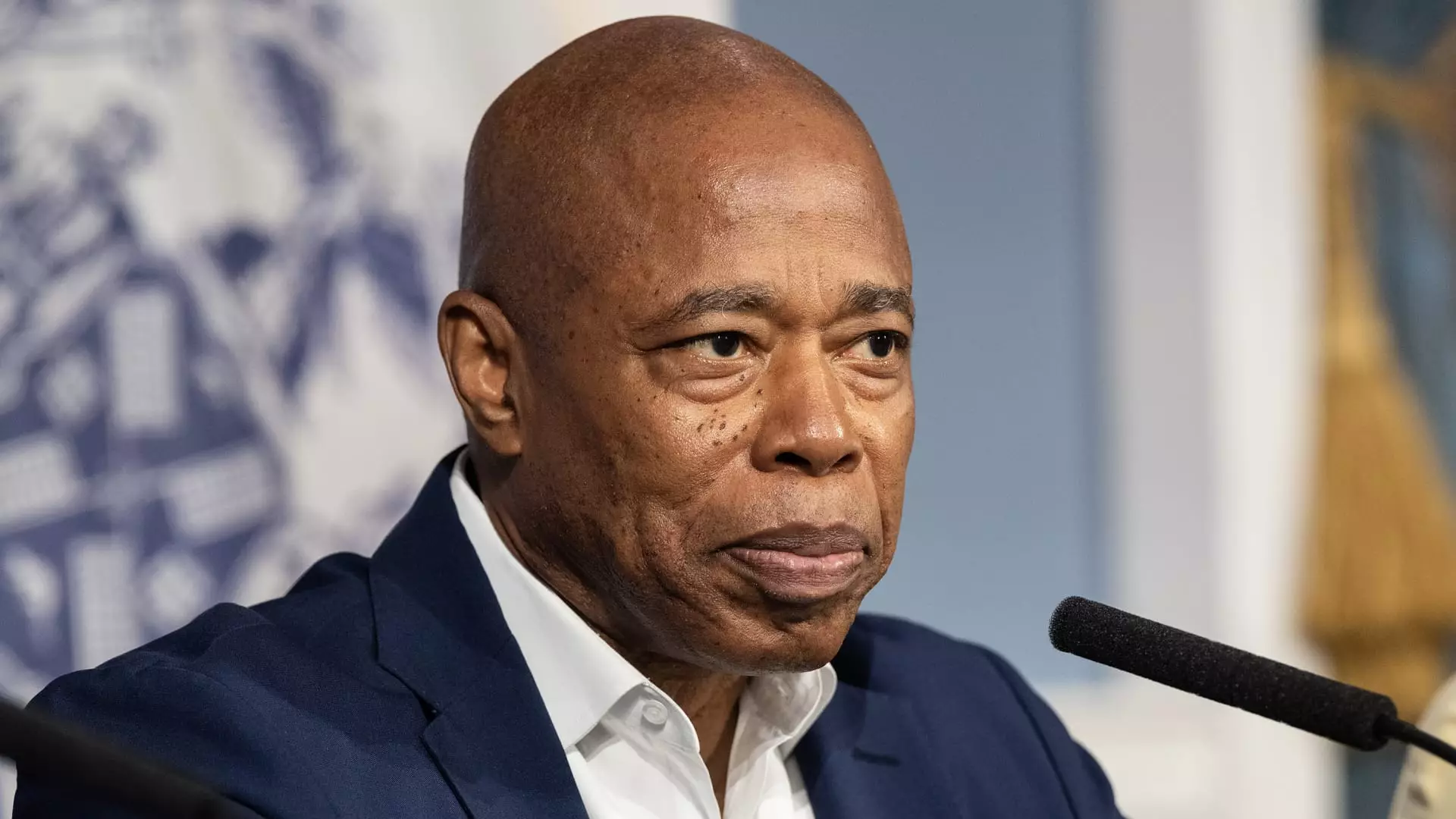In a surprising turn of events, President-elect Donald Trump has publicly indicated his willingness to consider a pardon for New York City Mayor Eric Adams, who is currently facing federal corruption charges. Trump’s remarks, made during a press conference at his Mar-a-Lago resort, have raised eyebrows and ignited discussions surrounding political influence, legal ramifications, and the integrity of the judicial process. The idea of pardoning a Democrat by a Republican president introduces a unique dynamic, highlighting the intersection of politics and justice in contemporary America.
Eric Adams, who has staunchly denied any wrongdoing, is facing multiple allegations, including the acceptance of gifts from affluent foreign business figures and involvement in a conspiracy concerning potentially illegal campaign contributions for his successful mayoral run in 2021. The gravity of these accusations cannot be understated, as they raise significant concerns about corruption and the ethical responsibilities of public officeholders. Adams’s defenders argue that these charges are politically motivated, particularly given his outspoken stance against the Biden administration’s immigration policies, suggesting that his legal troubles may be rooted in political retribution.
Trump’s comments hint at a belief that Adams’s legal challenges are intertwined with political theater. He insinuated that Adams’s criticism of the government’s handling of immigration was a catalyst for the charges against him, claiming, “he’ll be indicted soon” in a light-hearted manner. This assertion is not merely speculative; it reflects a broader narrative within certain political circles that views legal actions against politicians as tools for partisan warfare. This framing raises questions about the integrity of governmental institutions and whether they are being weaponized for political ends.
The prospect of Trump issuing a pardon for Adams poses its own set of challenges. While the president has the constitutional authority to grant pardons, the implications of such an action could be far-reaching. It may undermine public confidence in the legal system, which many believe should operate independently of political machinations. Pardoning a sitting mayor under investigation may be perceived as an endorsement of unethical behavior, potentially setting a troubling precedent for future interactions between political leaders and the justice system.
Should Trump move forward with a pardon, the reaction from both the public and political figures could vary widely. Supporters might view it as a bold political maneuver against a system perceived as unjust, while opponents may see it as a blatant disregard for accountability. The outcome could amplify partisan divisions, further polarizing the already fractious political landscape. Moreover, it may embolden other politicians facing legal scrutiny to seek political allies in their quest for exoneration.
Trump’s comments on potentially pardoning Mayor Adams open up a Pandora’s box of ethical dilemmas and political implications. As the legal proceedings against Adams unfold, the national conversation will likely focus not only on the specific allegations but also on the broader questions of justice, accountability, and the role of politics in law enforcement. The situation serves as a vivid reminder of the complexities entwined in governance where legality, morality, and political strategy frequently collide.


Leave a Reply